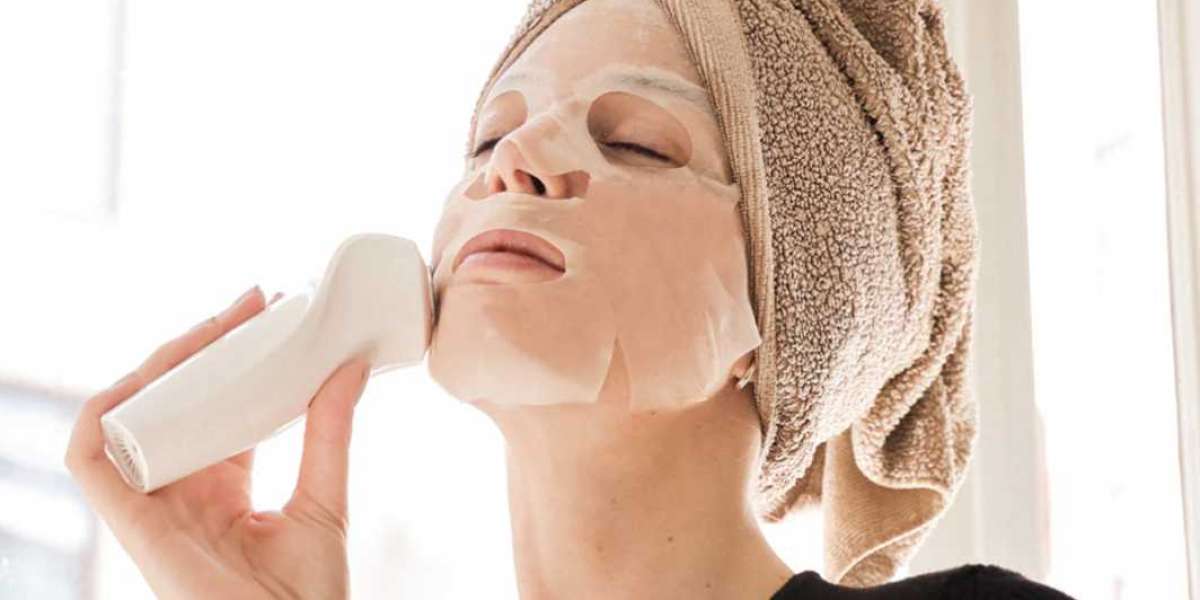Innovation and Product Development:
- Impact: The cosmetics industry is driven by continuous innovation in formulations, textures, and application methods. New ingredients, technologies, and trends often lead to the development of novel cosmetic products.
- Example: The introduction of long-wearing, waterproof, and high-performance formulations has reshaped the makeup industry, influencing the creation of products like long-lasting lipsticks, smudge-proof eyeliners, and sweat-resistant foundations.
Consumer Trends and Preferences:
- Impact: Cosmetics heavily influence consumer trends and preferences. Shifts in societal norms, cultural influences, and fashion trends directly impact the demand for specific types of makeup products and styles.
- Example: The rise of clean beauty, cruelty-free products, and inclusivity in shade ranges reflects changing consumer preferences, prompting the industry to adapt and create products that align with these values.
Social Media and Influencer Marketing:
- Impact: The advent of social media has transformed the makeup industry, making it more accessible and interactive. Influencers and makeup artists on platforms like Instagram and YouTube can quickly popularize new cosmetic products and trends.
- Example: Viral makeup challenges, tutorials, and product reviews on social media platforms can rapidly elevate the popularity of specific cosmetic items, leading to increased sales and demand.
Technological Advancements:
- Impact: Technology has influenced cosmetic formulations, application techniques, and even product marketing. Augmented reality (AR) and virtual try-on technologies have become integral in the cosmetics industry, allowing consumers to virtually test products before purchasing.
- Example: Virtual makeup apps and AR mirrors in stores enable consumers to experiment with different looks, shades, and products without physically applying them, enhancing the overall shopping experience.
Sustainability and Ethical Practices:
- Impact: Increasing awareness of environmental issues and ethical concerns has led to a growing demand for sustainable and eco-friendly cosmetics. The industry is responding by incorporating sustainable packaging, cruelty-free practices, and clean beauty formulations.
- Example: Brands emphasizing recyclable packaging, using natural ingredients, and obtaining cruelty-free certifications have gained popularity among consumers seeking ethical and sustainable options.
Global Market Dynamics:
- Impact: The cosmetics industry is influenced by global market trends, economic conditions, and regional preferences. Cultural diversity and varying beauty standards contribute to a diverse range of products and marketing strategies.
- Example: Different regions may have distinct preferences for specific skincare ingredients, makeup looks, or beauty standards, leading to tailored product offerings for various markets.
Formulation Innovation and Product Development:
- Impact: The makeup industry is intricately tied to the continuous evolution of cosmetic formulations. Innovations in raw materials, encapsulation technologies, and delivery systems drive the development of new makeup products with enhanced performance characteristics.
- Example: The incorporation of microencapsulation for time-released pigments in foundations or the utilization of novel polymers for long-wearing lip products exemplifies the technical advancements influencing product development.
Consumer Trends and Preferences Analysis:
- Impact: The makeup industry is highly responsive to shifts in consumer behavior and preferences. Analyzing socio-cultural data, market research, and utilizing predictive analytics are integral for anticipating and meeting consumer demands.
- Example: Data-driven insights may reveal a growing demand for vegan and cruelty-free cosmetics, prompting the industry to reformulate existing products or launch new lines in alignment with these ethical considerations.
Social Media and Influencer Marketing Integration:
- Impact: The makeup industry leverages social media analytics and influencer marketing strategies to promote products. Integrating tracking algorithms, sentiment analysis, and engagement metrics aids in measuring the effectiveness of marketing campaigns.
- Example: Algorithmic analysis of influencer collaborations helps brands identify key performance indicators, such as reach, engagement rates, and conversion metrics, to optimize marketing investments.
Technological Advancements in Cosmetic Science:
- Impact: Ongoing developments in cosmetic science involve the integration of cutting-edge technologies. The incorporation of artificial intelligence (AI) for formulating personalized beauty products and the use of 3D printing for intricate makeup applicators exemplify the impact of technology on the industry.
- Example: The utilization of machine learning algorithms to predict consumer preferences and recommend customized makeup formulations based on individual skin types and tones represents a convergence of technology and cosmetics.
Sustainability and Ethical Practices Implementation:
- Impact: The makeup industry is responding to the demand for sustainability with innovations in eco-friendly packaging, green chemistry, and ethical sourcing of raw materials. Life cycle assessments and carbon footprint analyses contribute to sustainable practices.
- Example: Adopting refillable packaging, incorporating biodegradable materials, and investing in renewable energy sources for manufacturing processes demonstrate the industry's commitment to sustainable and ethical practices.
Global Market Dynamics and Localization Strategies:
- Impact: Makeup industry stakeholders employ global market analyses, localization strategies, and cross-cultural sensitivity to cater to diverse consumer bases. Understanding regional beauty standards and incorporating culturally relevant ingredients are crucial for market success.
- Example: Customizing makeup formulations to suit specific climate conditions, addressing regional preferences in color cosmetics, and adapting marketing messages to resonate with diverse cultural aesthetics are key strategies in navigating global market dynamics.
In summary, the makeup industry's evolution is intricately tied to technical advancements, data-driven consumer insights, and a commitment to sustainable and ethical practices. The convergence of cosmetic science with innovative technologies shapes the industry's landscape, ensuring its continued relevance and growth.



